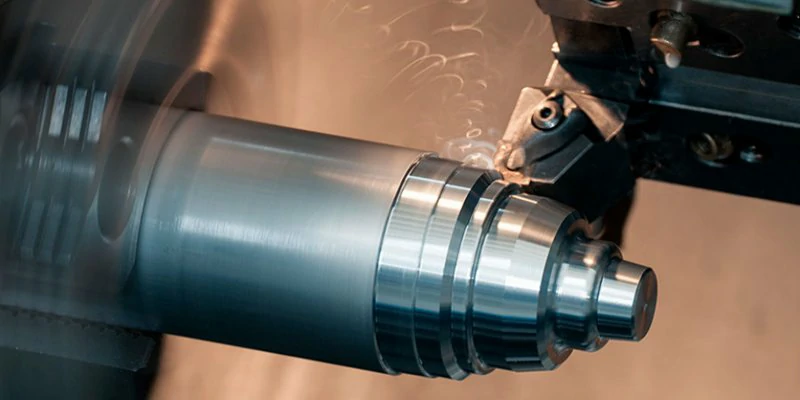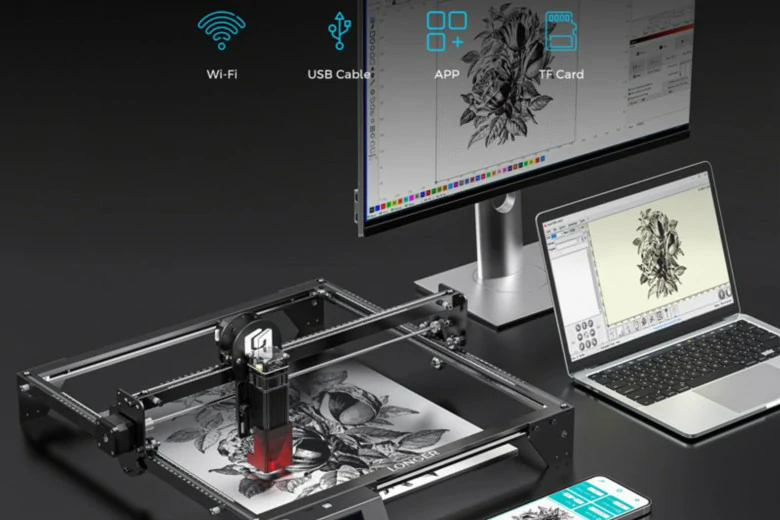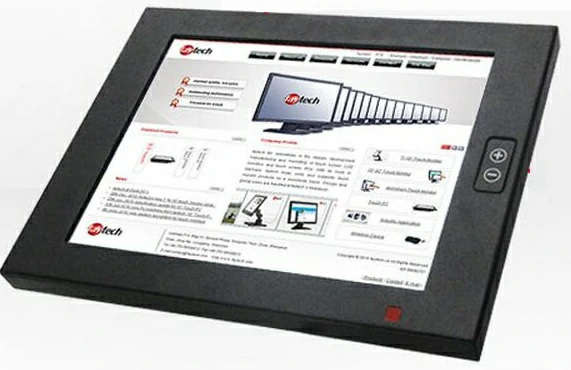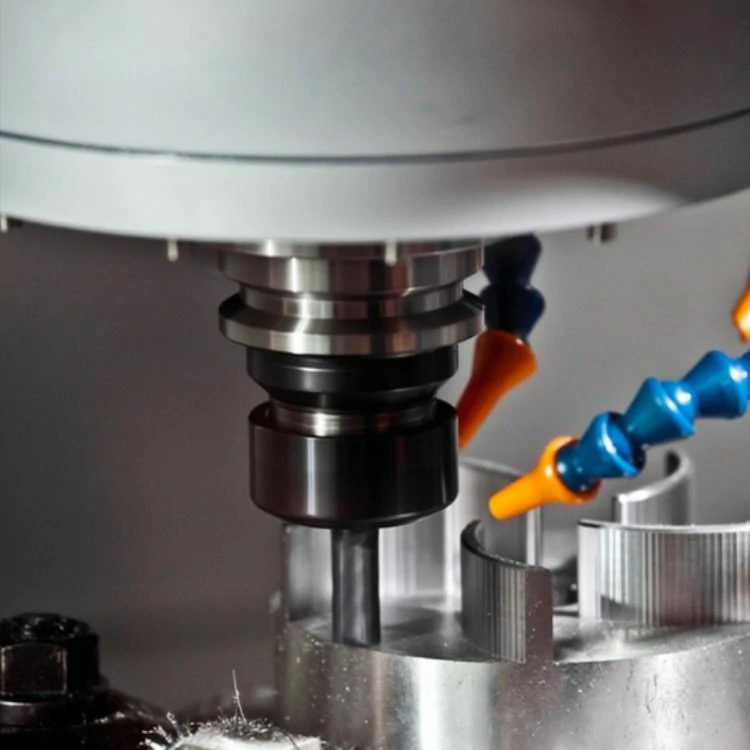Title: Advancements in CNC Milling for New Energy Vehicle Aluminum Alloy Parts
Introduction:
New energy vehicles (NEVs) have gained significant popularity in recent years due to their eco-friendly and sustainable nature. As the demand for NEVs continues to grow, manufacturers are constantly seeking ways to enhance the production efficiency and quality of key components. One such area of focus is the CNC milling of aluminum alloy parts for NEVs. This article delves into the advancements in CNC milling technology and its impact on the manufacturing process.
1. Importance of CNC Milling in NEV Aluminum Alloy Parts:
CNC milling is a critical process in the production of NEV aluminum alloy parts. It involves the use of computer-controlled machines to shape and cut materials with precision. The utilization of CNC milling ensures consistent accuracy, reduces human error, and enhances overall production efficiency. With the growing demand for NEVs, manufacturers are increasingly relying on CNC milling to meet the stringent requirements of these complex parts.
2. Advancements in CNC Milling Technology:
a) High-speed Machining: Technological advancements have led to the development of high-speed machining techniques in CNC milling. These techniques utilize advanced tooling and cutting strategies to achieve faster milling speeds without compromising on part quality. The increased spindle speeds and rapid feed rates enable manufacturers to reduce cycle times, thereby boosting productivity.
b) Multi-axis Machining: Traditional CNC milling machines typically operate in three axes (X, Y, and Z). However, with the introduction of multi-axis machines, manufacturers can perform complex operations on a single setup. Multi-axis machining allows for simultaneous tool movement, enabling the production of intricate shapes and contours with minimal repositioning. This advancement significantly reduces production time and enhances the overall efficiency of NEV aluminum alloy part manufacturing.
3. Quality Enhancement in NEV Aluminum Alloy Parts:
a) Improved Surface Finish: CNC milling advancements have led to superior surface finishes on NEV aluminum alloy parts. Fine-tuned cutting strategies and tool geometries, coupled with advanced software control, ensure a smooth and polished surface finish. This not only enhances the aesthetic appeal of the parts but also improves their functionality and durability.
b) Enhanced Dimensional Accuracy: CNC milling technology offers precise control over dimensional tolerances. Advanced sensors and feedback systems continuously monitor and adjust the machining parameters, ensuring consistent part dimensions throughout the production process. This level of accuracy is vital for NEV aluminum alloy parts, as it directly influences their fit, function, and overall performance.
4. Conclusion:
The advancements in CNC milling technology have revolutionized the manufacturing process of NEV aluminum alloy parts. High-speed machining and multi-axis capabilities have significantly improved production efficiency, while enhanced surface finishes and dimensional accuracy have elevated the quality of these critical components. As the demand for NEVs continues to rise, further advancements in CNC milling are anticipated, promising even more efficient and precise production methods in the future.
.webp)



